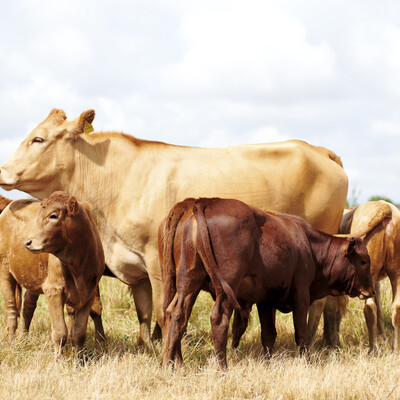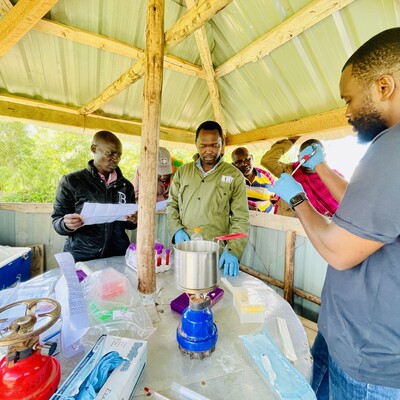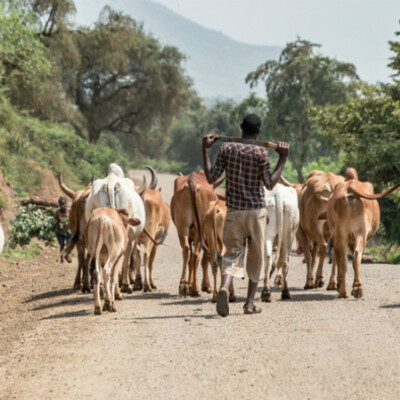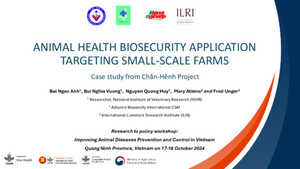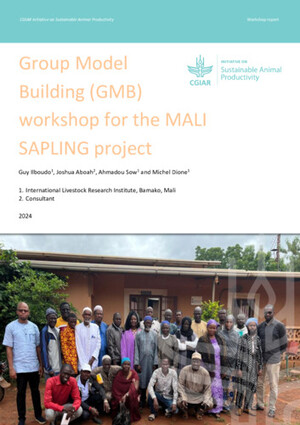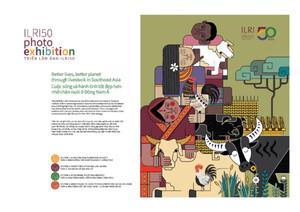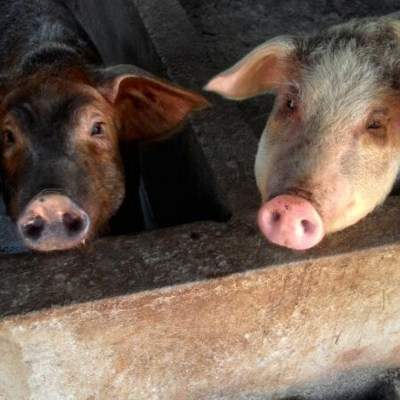
Linking biodiversity, ecosystem functions and services in the Serengeti-Mara region, East Africa: Drivers of change, causalities and sustainable management strategies (AfricanBioServices)
AfricanBioServices is a European Union-funded research project investigating ecosystem services in the greater Serengeti-Mara ecosystem in eastern Africa. The main aim of the project is to understand how ongoing climate change, human population growth and land use change affect biodiversity and human well-being, and use this information to derive novel solutions for future sustainable development.
Climate change represents a major threat to global biodiversity and in the Serengeti-Mara ecosystem, it is apparent as increased variability and irregularity of rainfall. Africa harbours the fastest growing human population in the world and the pressure on natural resources in the Serengeti-Mara ecosystem is constantly increasing. Agricultural and industrial development are modifying the way different areas are utilized and in the Serengeti-Mara ecosystem, the natural landscape is changing quickly. People derive many important benefits from natural ecosystems and their associated biodiversity. These so-called ecosystem services include both direct benefits—such as food from agriculture or fishing, inspiration and improved mental well-being and income from recreation—and indirect benefits such as flood and disease regulation.
The AfricanBioServices project is organized into seven interlinked work packages (WPs).
- In WP1 we assemble and integrate the relevant data from Kenya and Tanzania for the region.
- In WP2, we quantify the connections between human population growth, land use change and biodiversity changes.
- In WP3, we analyse the consequences of climate change for key aspects of biodiversity in the region.
- In WP4, we empirically test the links between biodiversity and the core ecosystem services on which people in the region depend.
- In WP5, we quantify the dependence of human livelihoods on these ecosystem services.
- In WP6, we initiate innovative ways for communicating and disseminating the results of the project through a forward-thinking strategy of ‘continuous engagement’ with local stakeholders that has a proven track record of success.
- WP7 encompasses the project management and aims at achieving the objectives and milestones in a timely manner and to the highest possible standards.
The project is coordinated by Professor Eivin Røskaft of the Norwegian University of Science and Technology.







